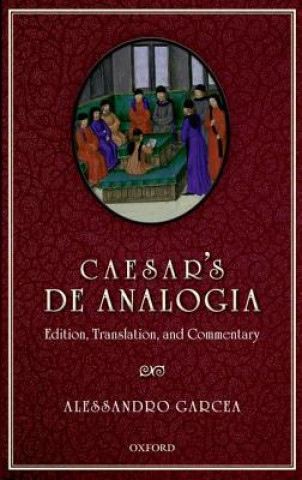
Kód: 01323731
Caesar's De Analogia
Autor Alessandro Garcea
At the end of the Republic, religious, legal, and literary knowledge began to take the form of a 'Roman heritage', as broadly defined as it was indefinite. Caesar, like Cicero, thought that language, along with political instituti ... celý popis
- Jazyk:
 Angličtina
Angličtina - Vazba: Pevná
- Počet stran: 320
Nakladatelství: Oxford University Press, 2012
- Více informací o knize

6185 Kč
Dostupnost:
50 % šance Máme informaci, že by titul mohl být dostupný. Na základě vaší objednávky se ho pokusíme do 6 týdnů zajistit.
Máme informaci, že by titul mohl být dostupný. Na základě vaší objednávky se ho pokusíme do 6 týdnů zajistit.Prohledáme celý svět
Mohlo by se vám také líbit
-

Purview of Wesley's Theology
1293 Kč -

Crochet Noro
549 Kč -

Education, Work and Identity
6103 Kč -

Ethics on the Job
3535 Kč -

ITIL Service Management Based on ITIL
1445 Kč -

On the Wings of a Pig
427 Kč -

Chorvatsko
138 Kč
Dárkový poukaz: Radost zaručena
- Darujte poukaz v libovolné hodnotě a my se postaráme o zbytek.
- Poukaz se vztahuje na celou naši nabídku.
- Elektronický poukaz vytisknete z e-mailu a můžete ihned darovat.
- Platnost poukazu je 12 měsíců od data vystavení.
Informovat o naskladnění knihy
Zadejte do formuláře e-mailovou adresu a jakmile knihu naskladníme, zašleme vám o tom zprávu. Pohlídáme vše za vás.
Více informací o knize Caesar's De Analogia
Nákupem získáte 619 bodů
 Anotace knihy
Anotace knihy
At the end of the Republic, religious, legal, and literary knowledge began to take the form of a 'Roman heritage', as broadly defined as it was indefinite. Caesar, like Cicero, thought that language, along with political institutions and laws, constituted the fundamental feature which defined the identity of a people. So, as with statutes, libraries, and the calendar, he intended to fix general laws in the sphere of language with his treatise De analogia in order to establish a solid foundation for Latina language whose evolution was driven by the need to preserve heritage and by confrontations with the linguistic habits of the allies of Rome. In this volume Garcea brings together for the first time the fragments of Caesar's De analogia with a complete translation and commentary. Contextualising the text and its quotation by Pliny in his Dubius sermo, Charisius, Priscian, and other Latin grammarians Garcea, presents the issues raised by means of comparison with the texts of Caesar's interlocutors-principally Cicero, Varro, Nigidius Figulus, and Philodemus of Gadara. The study of all these sources, most of which have never been translated into a modern language, fills a gap in the representation of the history of linguistic development in the classical period-ultimately portraying how in republican Rome, there was still no clear distinction between the different subdivisions of learning.
 Parametry knihy
Parametry knihy
Zařazení knihy Knihy v angličtině Literature & literary studies Literature: history & criticism Literary studies: general
6185 Kč
- Plný název: Caesar's De Analogia
- Autor: Alessandro Garcea
- Jazyk:
 Angličtina
Angličtina - Vazba: Pevná
- Počet stran: 320
- EAN: 9780199603978
- ISBN: 0199603979
- ID: 01323731
- Nakladatelství: Oxford University Press
- Hmotnost: 528 g
- Rozměry: 220 × 152 × 22 mm
- Datum vydání: 09. February 2012
Oblíbené z jiného soudku
-

How to Read a Book
303 Kč -
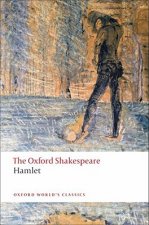
Hamlet: The Oxford Shakespeare
268 Kč -
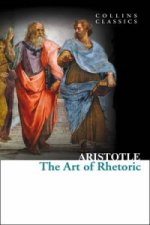
Art of Rhetoric
80 Kč -
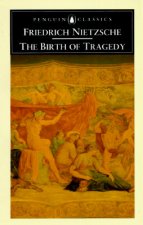
Birth of Tragedy
250 Kč -

Selected Essays
276 Kč -

Complete Short Stories of Ambrose Bierce
518 Kč -

Serpent Power
523 Kč -

Moby-Dick
465 Kč -

Annotated Alice
323 Kč -

Nordic Noir
410 Kč -

Marquis de Sade: A Very Short Introduction
273 Kč -

Children's Fantasy Literature
670 Kč -

Mysteries of Udolpho
302 Kč -

Joseph Andrews and Shamela
227 Kč -
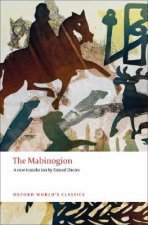
Mabinogion
276 Kč -

The Picture of Dorian Gray
170 Kč -
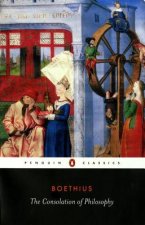
Consolation of Philosophy
276 Kč -
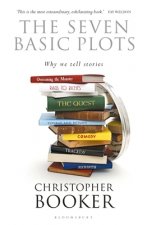
Seven Basic Plots
575 Kč -
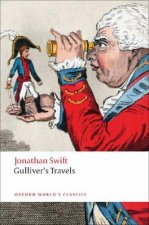
Gulliver's Travels
170 Kč -

Life of Samuel Johnson
631 Kč -

Powers of Horror
1243 Kč -

Road to Hel
1373 Kč -

Sejong Korean Student Book 2A - English Edition, m. 1 Audio
733 Kč -

Anna Karenina
218 Kč -

Wide Sargasso Sea
236 Kč -
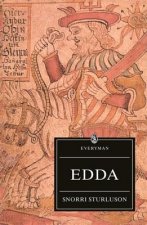
Edda
261 Kč -

Finn and Hengest
250 Kč -
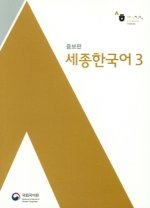
Sejong Korean 3, m. 1 Audio
681 Kč -
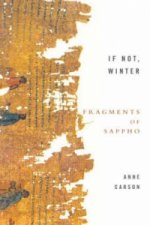
If Not, Winter: Fragments Of Sappho
464 Kč -

Africa's Tarnished Name
101 Kč -

Complete Poetry
196 Kč -

Captain is Out to Lunch
276 Kč -

Devils
268 Kč -

Two Treatises of Government
264 Kč -
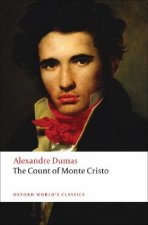
Count of Monte Cristo
276 Kč -

Sejong Korean 2 (Korean+English Version), m. 1 Audio
681 Kč -

Moveable Feast
268 Kč -

Moveable Feast
290 Kč -
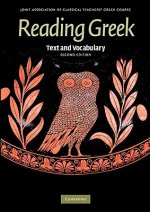
Reading Greek
964 Kč -

Dream Story
276 Kč -
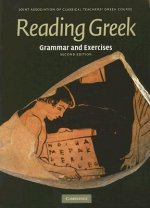
Reading Greek
1021 Kč -

Analysis of Donna Haraway's A Cyborg Manifesto
243 Kč -
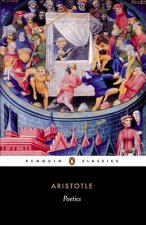
Poetics
276 Kč -

Selected Journals of Lm Montgomery Volume III 1921-1929
516 Kč -

Leaves of Grass
462 Kč -
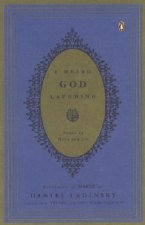
I Heard God Laughing
382 Kč -

Tragedy of King Richard III: The Oxford Shakespeare
223 Kč -

Sejong Korean Student Book 1B - Korean Version, m. 1 Audio
733 Kč -

Wild Ass's Skin
322 Kč
Osobní odběr Praha, Brno a 12903 dalších
Copyright ©2008-24 nejlevnejsi-knihy.cz Všechna práva vyhrazenaSoukromíCookies


 Vrácení do měsíce
Vrácení do měsíce 571 999 099 (8-15.30h)
571 999 099 (8-15.30h)